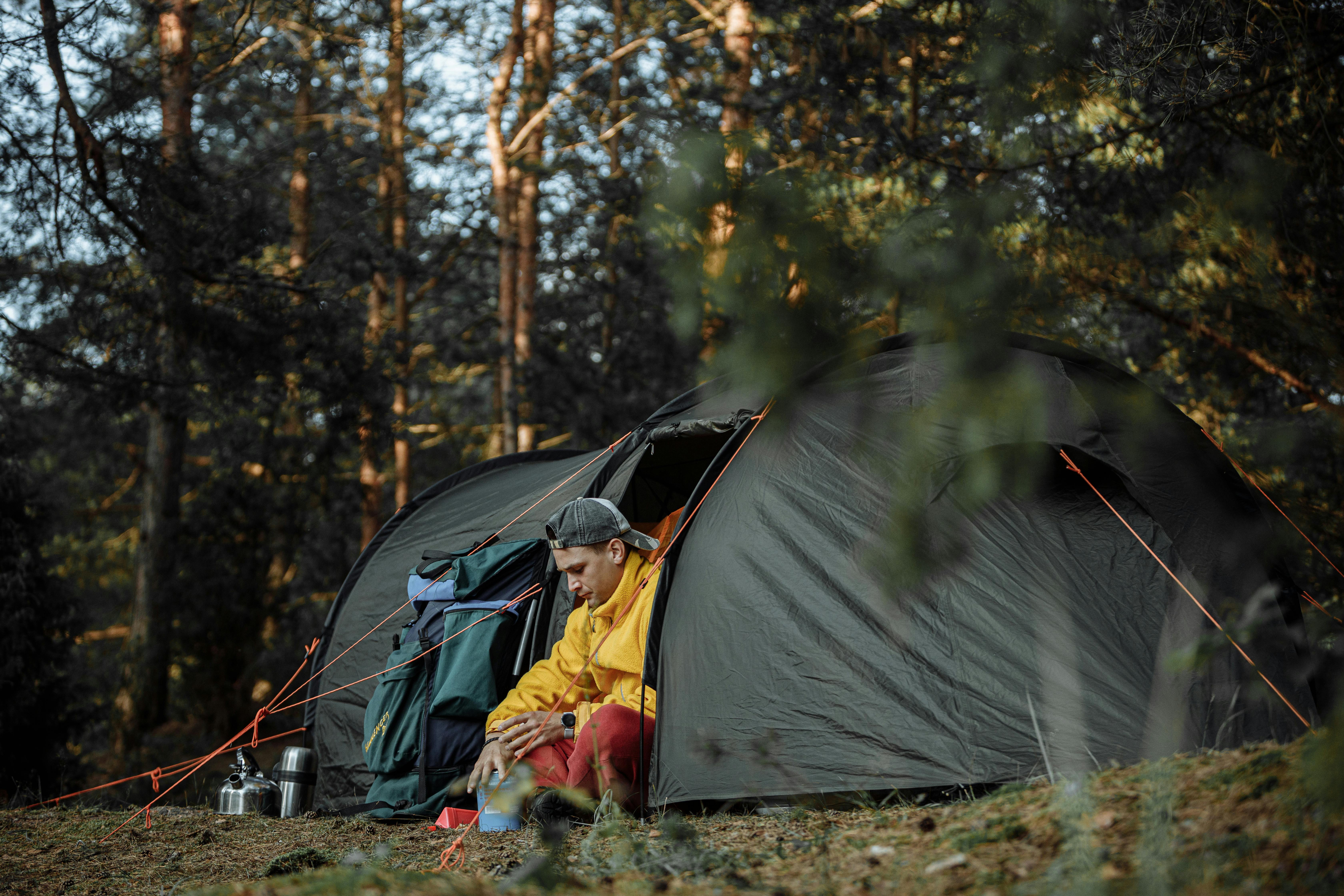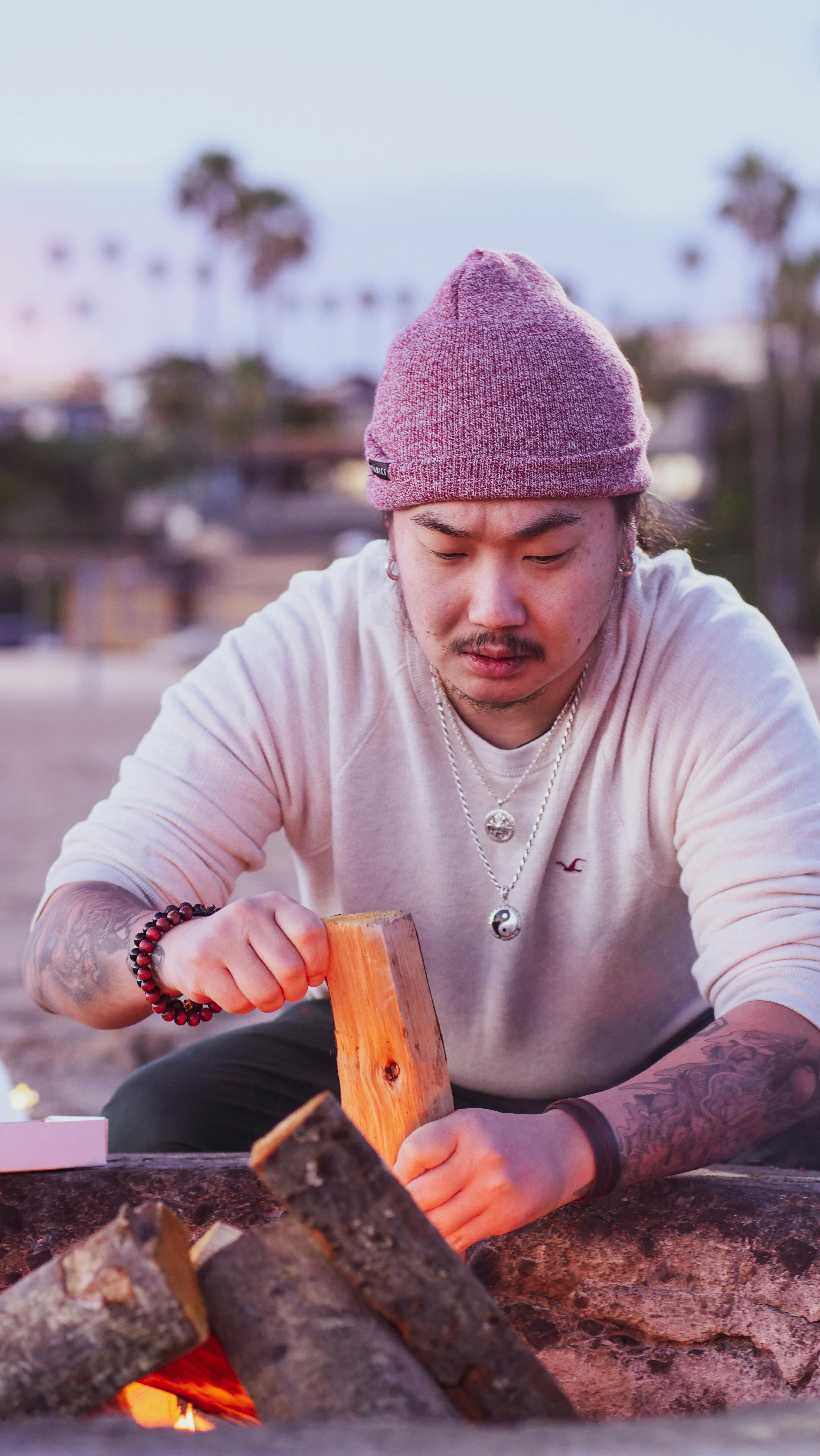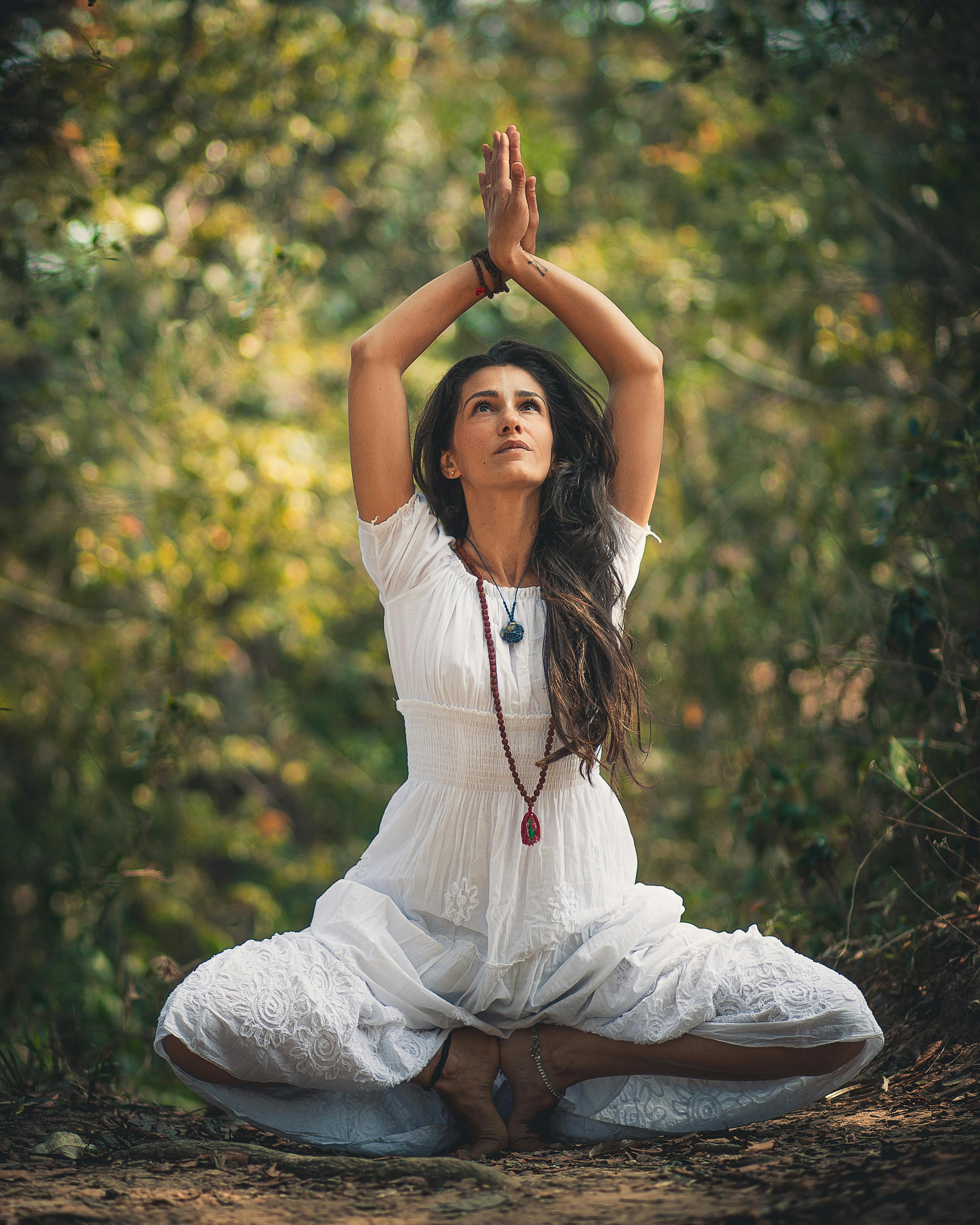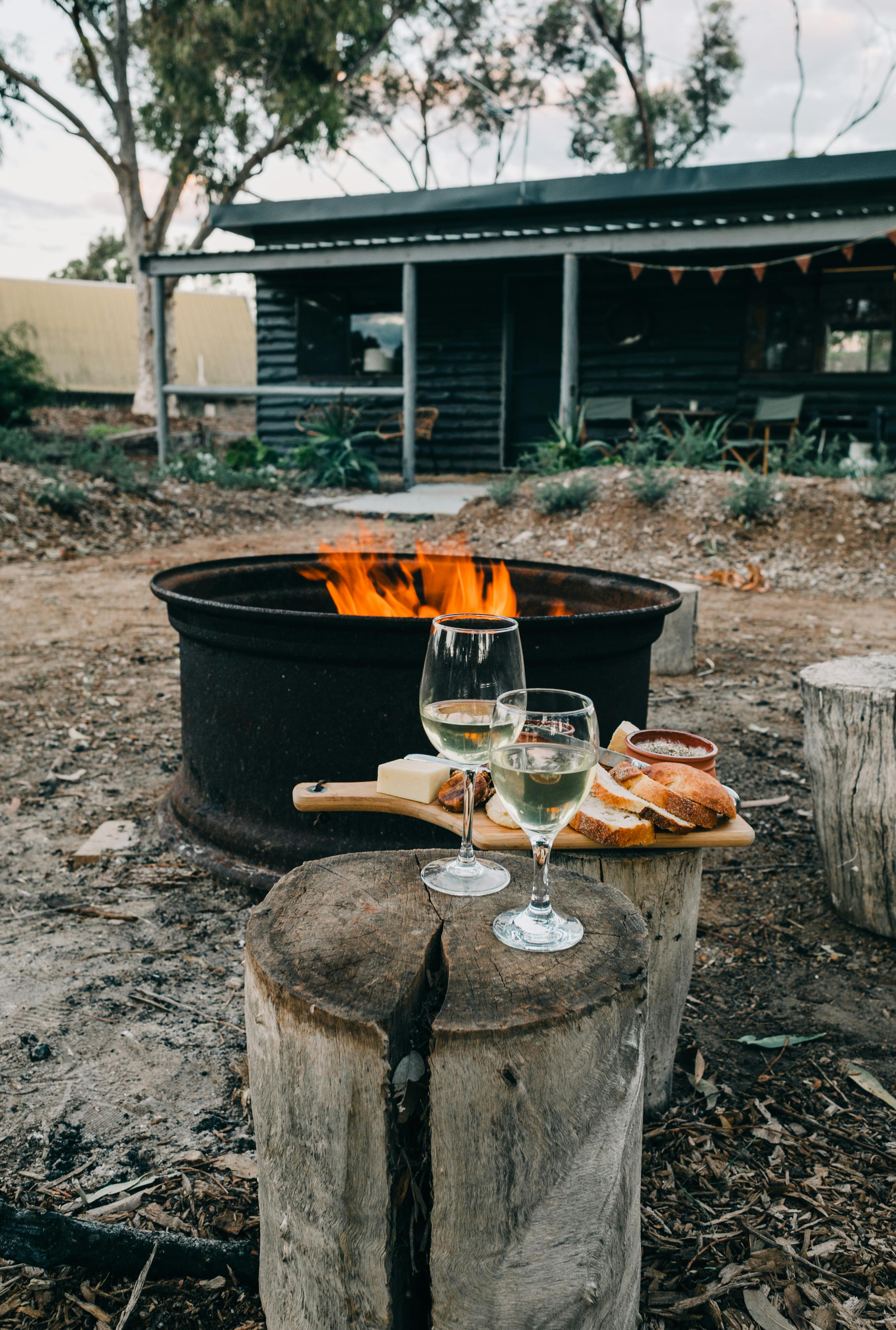
How to Make the Most Out of a Solo Camping Trip
Are you ready to embark on an adventure of self-discovery and serenity in the great outdoors? Solo camping is a fantastic way to connect with nature, find peace, and challenge yourself. Whether you’re a seasoned camper or a novice, this guide will help you make the most out of your solo camping trip. Let’s dive into the tips and tricks that will ensure your solo camping experience is unforgettable and enriching!
1. Choose the Perfect Campsite
Research and Planning
Selecting the right campsite is crucial for a successful solo camping trip. Research various campsites in your desired location and read reviews from other campers. Look for sites that offer the amenities you need, such as water sources, restrooms, and trails. National parks, state parks, and private campgrounds are excellent options.
Safety First
When camping alone, safety should be a top priority. Choose a well-maintained campsite that is easily accessible and not too remote. Inform someone of your plans, including your campsite location and expected return date. Consider areas with reliable cell service or have a satellite phone for emergencies.
2. Pack Smart and Light
Essential Gear
Packing the right gear is essential for a comfortable and enjoyable solo camping trip. Make a checklist to ensure you don’t forget anything important. Key items include:
- Tent
- Sleeping bag and sleeping pad
- Cooking equipment (stove, pots, utensils)
- Food and water
- Clothing suitable for the weather
- First aid kit
- Navigation tools (map, compass, GPS)
- Personal hygiene items
Lightweight and Multi-purpose Items
Since you’re carrying everything yourself, prioritize lightweight and multi-purpose items. Opt for a compact tent, lightweight cooking gear, and clothing that can be layered. Consider a camping stove that also serves as a grill and a sleeping bag that can be used in various weather conditions.

3. Plan Your Meals
Simple and Nutritious
Meal planning is crucial for a successful solo camping trip. Choose simple, nutritious meals that require minimal preparation. Pre-packaged dehydrated meals, canned goods, and easy-to-cook items like pasta and rice are excellent options. Don’t forget to pack snacks like trail mix, nuts, and energy bars.
Safe Food Storage
Store your food properly to avoid attracting wildlife. Use bear-proof containers or hang your food from a tree if you’re in bear country. Keep all food, cooking utensils, and scented items (like toothpaste) away from your sleeping area.

4. Stay Connected with Nature
Unplug and Unwind
One of the greatest benefits of solo camping is the opportunity to disconnect from the digital world and immerse yourself in nature. Leave your electronic devices behind or keep them turned off unless necessary. Spend your time hiking, birdwatching, journaling, or simply enjoying the beauty around you.
Nature Walks and Hikes
Exploring the trails around your campsite is a fantastic way to connect with nature. Plan a few hikes of varying difficulty levels and take your time to observe the flora and fauna. Bring a guidebook to help identify plants and animals you encounter.
5. Practice Mindfulness and Reflection
Journaling
Solo camping is an excellent opportunity for self-reflection. Bring a journal and take time each day to write about your experiences, thoughts, and feelings. Journaling can help you process your thoughts and enhance your connection with nature.
Meditation and Yoga
Incorporate mindfulness practices like meditation and yoga into your camping routine. Find a quiet spot with a beautiful view and spend a few minutes each day meditating or practicing yoga. This can help you feel more centered and relaxed.

6. Learn and Use Survival Skills
Basic Skills
Knowing some basic survival skills can boost your confidence and ensure your safety during a solo camping trip. Learn how to start a fire, purify water, navigate with a map and compass, and perform basic first aid. Practice these skills before your trip to feel more prepared.
Emergency Preparedness
Be prepared for emergencies by packing a well-stocked first aid kit, carrying a whistle, and knowing how to signal for help. Familiarize yourself with the local wildlife and potential hazards, and know how to respond in case of encounters with animals or severe weather.
7. Respect Wildlife and the Environment
Leave No Trace
Practice Leave No Trace principles to minimize your impact on the environment. Pack out all trash, avoid disturbing wildlife, and stick to established trails. Leave your campsite as you found it, or better, to preserve the natural beauty for future campers.
Wildlife Awareness
Be aware of the wildlife in the area and take precautions to avoid encounters. Store food securely, keep a safe distance from animals, and never feed wildlife. Educate yourself about the behavior and habits of the animals you might encounter.

8. Stay Safe and Healthy
Hydration and Nutrition
Staying hydrated and well-nourished is crucial during a solo camping trip. Drink plenty of water and eat balanced meals to maintain your energy levels. Use a water filter or purification tablets to ensure a safe water supply.
Physical Fitness
Ensure you are physically prepared for your solo camping adventure. Engage in regular exercise and build up your stamina with hiking and other outdoor activities. A fit body will help you enjoy your trip more and handle any challenges that arise.
9. Set Up a Comfortable Campsite
Tent Location
Choose a flat, dry area to set up your tent. Avoid setting up under trees with dead branches or in low-lying areas prone to flooding. Position your tent with the door facing away from the prevailing wind to minimize drafts.
Cozy Sleeping Arrangements
Ensure a good night’s sleep by setting up a comfortable sleeping area. Use a high-quality sleeping pad and sleeping bag appropriate for the weather. Bring a small pillow or use a stuff sack filled with clothes for added comfort.
10. Engage in Fun Activities
Campfire Cooking
Cooking over a campfire can be a fun and rewarding experience. Plan some easy campfire recipes and enjoy the process of preparing your meals in the great outdoors. Don’t forget to bring marshmallows for roasting!
Star Gazing
One of the joys of camping is the opportunity to stargaze without light pollution. Bring a star chart or download a stargazing app to help identify constellations and planets. Lay back and enjoy the beauty of the night sky.

11. Capture Your Memories
Photography
Bring a camera or use your smartphone to capture the beauty of your solo camping trip. Take photos of the scenery, wildlife, and your campsite. These memories will serve as a reminder of your adventure and inspire future trips.
Sketching and Drawing
If you enjoy sketching or drawing, bring a small sketchbook and pencils. Spend time capturing the natural beauty around you. This can be a relaxing and creative way to connect with your surroundings.
12. Connect with Fellow Campers
Friendly Interactions
While solo camping is about enjoying solitude, it’s also an opportunity to meet like-minded people. Be open to friendly interactions with fellow campers. Sharing stories and tips can enhance your camping experience and create lasting memories.
Campground Activities
Some campgrounds offer organized activities, such as guided hikes, campfire programs, or nature walks. Participating in these activities can provide a sense of community and enrich your solo camping experience.
13. Challenge Yourself
Try New Activities
Solo camping is a perfect time to try new activities. Whether it’s fishing, foraging, or birdwatching, stepping out of your comfort zone can make your trip more exciting and rewarding. Embrace the adventure and challenge yourself.
Personal Goals
Set personal goals for your solo camping trip. Whether it’s hiking a certain distance, learning a new skill, or simply relaxing and unwinding, having goals can give your trip a sense of purpose and accomplishment.
14. Stay Informed and Adaptable
Weather Updates
Keep an eye on the weather forecast before and during your trip. Be prepared to adapt your plans based on weather conditions. Bring appropriate clothing and gear for varying weather scenarios.
Flexible Plans
While planning is essential, being adaptable is equally important. Allow yourself the freedom to change your plans based on how you’re feeling and what you discover during your trip. Sometimes the best experiences come from spontaneous decisions.
15. Reflect and Appreciate
Daily Reflection
Take time each day to reflect on your experiences. Consider what you’ve learned, what you’ve enjoyed, and how you’ve grown. This reflection can enhance your solo camping trip and provide valuable insights.
Gratitude
Express gratitude for the opportunity to connect with nature and enjoy a solo camping adventure. Appreciating the beauty and tranquility of the outdoors can make your trip even more meaningful.

Solo camping is a unique and rewarding experience that offers the chance to connect with nature, challenge yourself, and find peace in solitude. By following these tips and tricks, you can make the most out of your solo camping trip and create lasting memories. Embrace the adventure, stay safe, and enjoy the beauty of the great outdoors. Happy camping!
